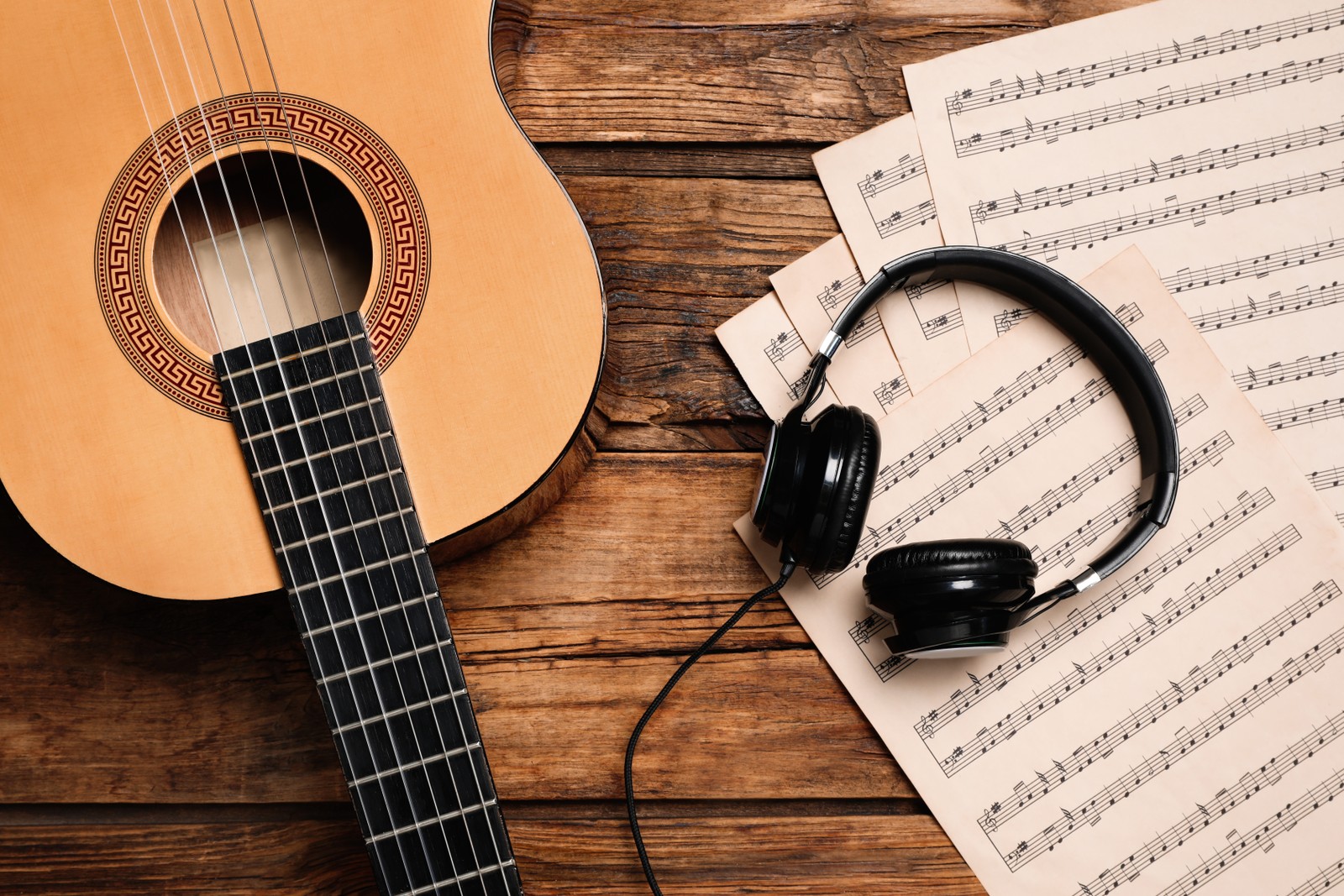Music seems to be the same age as humanity. Yet, notwithstanding the vast amount of different styles and trends that change with every generation, the point and significance stay the same. Many wise words have been said, but we love this: "Where words fail, music speaks," by Hans Christian Andersen.
Music chemistry
Music preference tells you a lot about someone's personality. The music you enjoyed when you were 20, you would probably love for the rest of your life. Also, you love your favorite song because it's associated with an intense emotional experience in your life. Do you get shivers when the music swells, or the chorus kicks in? Or are the few opening bars enough to make you get goosebumps?
We also need to talk about the chemistry of music and the brain. When we listen to the music we like, the dopamine hormone is released in the striatum, a crucial part of the brain's reward system. Our body's autonomic nervous system, which is responsible for regulating involuntary body functions, is being aroused. That's why we experience chills and goosebumps. The effect is similar to other non-musical rewards (such as food, money, sex, exercise, and drugs). We might empathize with the emotional or mental states better and perhaps even stimulate releasing oxytocin, the stress-reducing and affiliation hormone.
Did you know that music is a social instrument, too? It helps us connect to others, and satisfaction levels are higher when you listen to the tracks alone. Although the concerts carry unique energy, listen to your favorite song with a friend and see for yourself.
However, Swedish music psychologist Alf Gabrielsson showed that only a little over half of the intense experiences with music involve positive emotions. Most listeners have mixed feelings, such as feeling nostalgic or having bittersweet memories, and about one in ten involve negative emotions. Therefore, the choice of our playlist serves its purpose. We use music to solve our problems, look at the situation from a different angle, find strength or chill, and often avoid or distract us, which are all well-known tactics for having emotions under control.

Being an avid music lover
Anyone who loves music with a great passion will never understand someone who doesn't. Being a music lover or melomaniac means that music is not just a plain interest or hobby; it becomes a way of life. If you're one of these lovers of music, then you could relate, when:
- your favorite song comes on the radio or comes in the playlist, you are in the car with someone, and all you wish is to blast it on full or sing along even when you cannot sing;
- you cry when you rediscover a song from childhood, youth, or any particular moment of your life;
- you love to be in charge of the travel playlist for a road trip;
- you attend concerts more often than family events, especially when the new album means a new tour is coming;
- casual conversations remind you of the song, and sometimes you answer with the lyrics from that song.

What's good about music
There are many benefits of listening to music that people can enjoy. For example, here are some of the advantages of listening to music:
- If you experience stress, it may reduce the degree of the stress hormones. When you listen to something you like, your brain releases endorphins, which naturally improves your mood regardless of the genre. Venting off in karaoke while singing to your favorite lyrics is a good idea, too. This is one of many benefits of music on the brain.
- Reduces the pain acting as a painkiller, as shown in this research. The music, preferred by a listener, increased tolerance significantly and perceived control over the pain, and decreased anxiety.
- It helps to recover from memory loss or brain injury based on the intensity of the case (partially or entirely) by listening to the favorite songs. As our memory includes a solid relation to the music we enjoy, it helps to retrieve old memories since the rhythm and sound of music remain inside the depths of our brain for an extended period.
- If you play gentle music and dim lights when dining, you will eat less food since you enjoy the ambiance.
- It's a great way to pass the time when traveling. If you need to drive for a very long distance, listening to audio may help to boost your mood while driving and prevent you from sleeping, causing fewer road accidents. Keep in mind that songs you have never heard before may help you drive safer on the road.
- While dynamic or aggressive music increases performance and helps to do a better workout, any other background music decreases performance but makes you happier while you work; it may also boost creativity, so feel free to choose what you need more.
- It's fun! Dance, sing, lip-sync, create your own with any musical instruments. Enjoy!

If you are that lucky person who dates a music lover, you will always be surrounded by music and expect them to express themselves through the songs.
You may wonder what gift to give to a friend who is a melomaniac, and it's pretty easy - anything that is related to music! Any book or magazine about their favorite music or artist, vintage poster or t-shirt, concert tickets, plates for a turntable if they prefer it, and maybe a pair of good headphones or speakers, depending on the occasion and the music choices. Refer to our collection of royalty-free photos if you need an idea. While on it, turn up the volume, close your eyes, and let the music take over your soul!

---
Africa Images is a passionate team of professionals. Our goal is to make africaimages.com the best place to buy visual materials taken by Africa Studio for individual, business, and non-commercial projects, including but not limited to informational, educational, cultural, and scientific uses.



